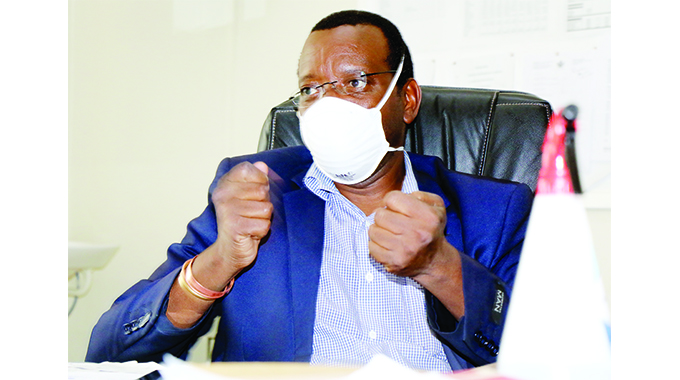Depression, alcohol abuse top Zim mental health disorders

Thandeka Moyo- Ndlovu, Senior Health Reporter
MENTAL health disorders have been on the increase in Zimbabwe and the outbreak of Covid-19 resulted in greater need for mental healthcare services in the country. Statistics from the World Health Organisation (WHO) show that depression medically referred to as major depressive disorder, bipolar disorder, alcohol use, drug use, epilepsy, schizophrenia and suicide remain the most prevalent mental health conditions in Zimbabwe.
Depression, the most prevalent in Zimbabwe, affects about 218 167 people with women constituting the majority of patients followed by alcohol abuse which affects 189 731 people according to a study carried out last year. At number three is drug use affecting 105 296 people while 77 449 suffer from bipolar disorder followed by epilepsy which affects 48 355 people.
Schizophrenia affects about 17 454 people while suicide affects 2 647. Depression is a mental health disorder characterised by persistently depressed mood or loss of interest in activities, causing significant impairment in daily life while bipolar is a mental condition marked by alternating periods of elation and depression.
Schizophrenia on the other hand affects a person’s ability to think, feel and behave clearly. Social isolation, fear of contracting the coronavirus and death as well as loss of livelihoods among other factors have been associated with an increase in mental health disorders in Zimbabwe during the Covid-19 era.
Zimbabwe has, according to WHO, a severe shortage of human resources for mental health, with an estimated 18 psychiatrists (17 of them in Harare) or approximately 0,1 per 100,000 population. There are 917 psychiatric nurses (6,5 per 100,000) and six psychologists (0,04 per 100,000). Brain drain has seen trained specialists leaving the country or practicing in other areas of medicine. Though there is a relatively large number of psychiatric nurses in
Zimbabwe, many have diverted to HIV-related care given increased funding, primarily from international donors, for these areas of health services.In a report, WHO said the country faces some complexities in treating people with mental illnesses highlighting that for starters, legislation that supports mental health needs revising, as it has not been revised since 1999.Reports already indicate an increase in symptoms of depression and anxiety in a number of countries, Zimbabwe included.
“Specific population groups are at particular risk of Covid-related psychological distress. Frontline health-care workers, faced with heavy workloads, life-or-death decisions, and risk of infection, are particularly affected. Stay-at-home measures have come with a heightened risk of children witnessing or suffering violence and abuse. Children with disabilities, children in crowded settings and those who live and work on the streets are particularly vulnerable,” said WHO.
“There is a shortage of human resources for mental health in Zimbabwe, in part a result of the emigration of locally trained professionals due to economic instability.
Due to the high prevalence of HIV, however, there are large numbers of psychiatric nurses who are focused on HIV-related care and funded by international donors. They are a potential resource for delivering mental health services in the context of HIV care,” read the report. Despite challenges, the WHO acknowledged that Zimbabwe’s mental health system and strategies also have several strengths.
“First, the country has invested in mental health training for general nurses and doctors in order to decentralise mental health services. Second, the prevalence estimates of priority mental disorders in Zimbabwe do not differ significantly from other countries in the southern sub-Saharan region.
Third, Zimbabwe is home to an innovative program called the Friendship Bench, which receives international funding and attention, and has demonstrated effectiveness at treating people with depressive symptoms through lay counsellors.
The program also functions out of primary health care facilities,” said WHO. “Zimbabwean researchers in the field of psychiatry are leading contributors to some of the central questions in mental health implementation research, and
Zimbabwe continues to build research capacity for African mental health investigators. At the same time, implementation of existing mental health policies and strategies may facilitate greater treatment coverage of priority mental disorders and suicide prevention.”
The report also highlighted sociocultural factors that play a role in the help-seeking behaviours of people in Zimbabwe.
“Some people in Zimbabwe attribute supernatural explanations for mental illness, such as spiritual possession, witchcraft, or avenging spirits. In one study, approximately 75 percent of people seeking mental health care in
Harare consulted both traditional and biomedical care providers,” said WHO. “The Zimbabwe National Traditional Healers Association plays a significant role in coordinating traditional healers who frequently manage psychosomatic and anxiety disorders. There are many places throughout the country where faith healers practice and deliver services for patients.”–@thamamoe











Comments